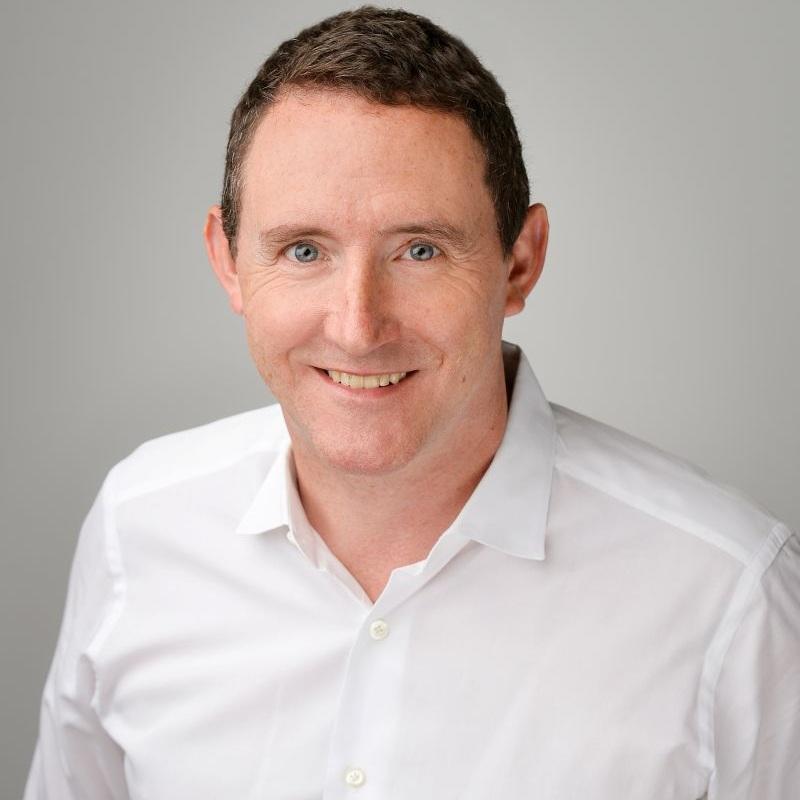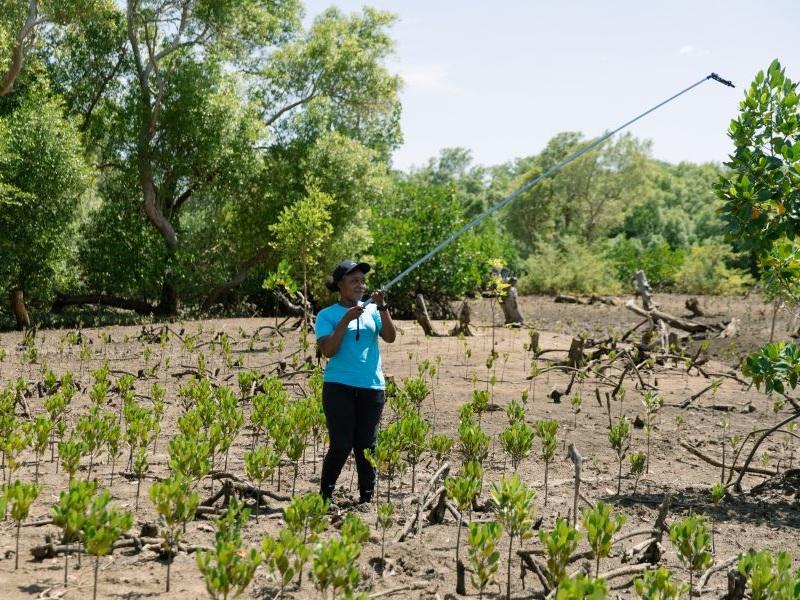
Zenith Net-Zero, an environmental advisory focused on aviation, is now one of the few Canadian companies accredited by a national standards organization to provide assurance services for an international carbon offsets program.
Last week, the Dorval, Que.-based company announced the Standards Council of Canada affirmed its ability to deliver greenhouse gas (GHG) emissions validation and verification for aircraft operators reporting to the Carbon Offsetting and Reduction Scheme for International Aviation (CORSIA), a major program run by the International Civil Aviation Organization.
CORSIA requires members to buy credits on carbon markets as a means of offsetting emissions generated on international routes between participating countries. Operators take measures such as paying to develop carbon sinks or produce sustainable aviation fuel (SAF).
Zenith Net-Zero will verify emission reports and offset claims submitted by aircraft operators such as Air Canada and WestJet to CORSIA. Many Canadian aircraft operators have relied on foreign companies for this service, Nick Houseman, founder and president of Zenith Net-Zero, said in an interview with Sustainable Biz Canada.
“It’s a big deal for us in the sense of, for Canada there (isn’t) really anybody accredited to do this,” he said.
Zenith Net-Zero's validation and verification
Armed with its accreditation from the council, Zenith Net-Zero can verify and validate if an aircraft operator is in line with CORSIA’s standards, and calculate its emissions based on factors such as fuel use and flights.
If the operator exceeds a carbon emissions threshold, it must offset that through carbon credit purchases, which are verified by a third party before submission to a national accreditation body.
“I think it will be valuable to operators in Canada (to) have somebody in Canada who understands the landscape here and help them meet their obligations under CORSIA.”
The company can also provide its services for operators in other countries.
Founded in 2024 by aviation industry veteran Houseman, Zenith Net-Zero emerged out of ZenithJet, a firm that provides aircraft owners with technical support. ZenithJet began offering environmental consulting services in 2022, helping aviation businesses understand their climate-warming impact and steps to reduce it, Houseman said.
“We saw the opportunity there in the sense of, it’s not easy to comply with these schemes,” he explained. “So there’s a lot of work that goes into it, understanding all of the flights and for operators it’s not their core business.”
To guide its clients, Zenith Net-Zero services include assisting in developing carbon offset projects, accounting for and reporting greenhouse gas emissions, and assessments of the environmental impacts of products and services.
The aviation industry is a notable polluter, responsible for 2.5 per cent of the world’s energy-related carbon emissions.
The future of sustainable aviation, according to Houseman
Zenith Net-Zero’s clients are mostly in business aviation, an industry in which Houseman has developed deep ties. They include operators of small business jets to Boeing 747s and small consulting firms. One client is Jetcraft, a London-based aircraft broker, which asked Zenith Net-Zero to measure its carbon emissions and advise on purchasing carbon credits.
Such offsets remain a primary tool for decarbonizing aviation because low-carbon jet fuel remains very expensive and limited in supply, Houseman said. Yet continuing to expand SAF availability will likely be pivotal for aviation to reach net-zero, according to the International Air Transport Association in a 2025 document.
The Canadian government published a plan with the goal of 10 per cent SAF use by 2030. But such an ambition remains largely aspirational, while development on SAF production projects take place in Canada.
Electric-battery planes are at least 20 years away from mass adoption and limited to short flights, Houseman predicts, eliminating one pathway for quickly reducing aviation’s emissions.
For now, he sees the best options for aircraft operators to cut their emissions as adopting electric ground support equipment and using renewable energy.
As its contribution to the SAF industry, Zenith Net-Zero is working on a project for SAF development in Africa. The company is raising funds for a feasibility study for the effort.
“The conditions are right in certain areas of Africa,” Houseman said, on account of the abundant agricultural waste that can be turned into SAF feedstock plus the high cost of importing conventional aviation fuel for the continent.
Another innovation the company is exploring is reducing methane emissions from dairy cows by supplementing their feed with mycelium, the thin, root-like parts of fungi. It could even be added to manure to make fertilizer or SAF feedstock, Houseman said. He hopes to get a project in this area off the ground later this year.










